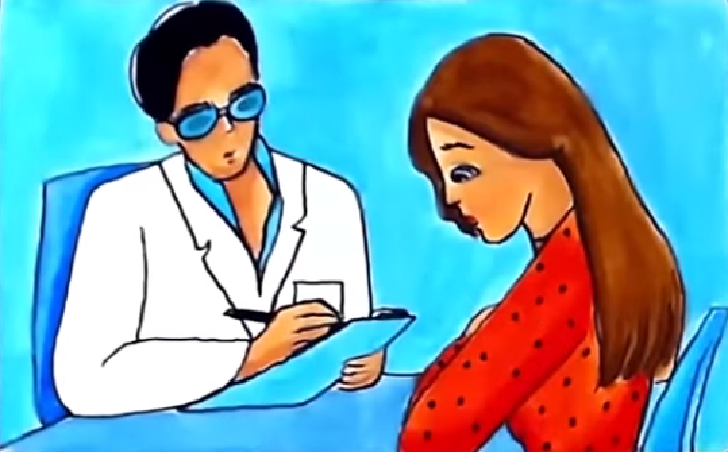Though we try to eat a balanced diet, exercise regularly, and practice an overall healthy lifestyle to keep ourselves physically fit, but do we pay enough attention to keeping our mind healthy?
Your body performs best when you’re in good physical health. Good mental health means you’re able to cope with daily stresses and accomplish personal goals. Many things, such as trauma, stress, and sleep problems, can affect your mental health. You may not be able to prevent a mental health condition, but you can take steps to protect and support your mental health throughout your life.
There's no guarantee against mental illness. You can take all the steps recommended for good mental health and still face overwhelming feelings of fear, dread, sadness, irritability, or anger. You might even feel out of control or have thoughts of hurting yourself.
Mental illnesses affect different people in different ways. They may affect individual thinking, mood, or behavior. And they may not understand why they’re feeling or behaving a certain way, making it all the more difficult for them to reach out for help. They may even turn to drugs or alcohol to help relieve symptoms of depression or anxiety. This may help her feel better in the moment, but using these substances doesn't help with the underlying mental health problem. It's actually more likely to make the problem worse.
How can you tell if you have a mental health condition?
If you’re experiencing a change in your thoughts, behaviors, or moods that is interfering with your work or relationships for longer than 2 weeks, you may have a mental health condition. It can be difficult to tell whether you have a mental health condition if you feel sadness, anxiety, or other intense emotions most of the time. Many mental health conditions first appear early in life, usually before 25 years old.
One or two of these symptoms alone can’t predict a mental illness but may indicate a need for further evaluation. If a person is experiencing several at one time and the symptoms are causing severe problems in the ability to study, work or relate to others, he/she should be seen by a physician or mental health professional. People with suicidal thoughts or intent, or thoughts of harming others, need immediate attention.
GOOD NEWS: Good mental health is not out of reach.
People who have emotional disorders don't have to suffer without help. However, many people with a mental health disorder don't get treatment. They may think it won't help. Or, they don't recognize the symptoms. Others may not be able to afford treatment. The social stigma of mental illness also stops people from seeking help. This often means worsening symptoms and, in some cases, suicide.
If you or someone you love is struggling, you're not alone. Whatever your symptoms, you don't have to suffer through them on your own. Studies show that most people with mental health problems can get better, so take the first step toward recovery and find help as soon as possible.
Therapy Can Help!
Talking with a therapist or counselor can help you deal with thoughts, behaviors, symptoms, stresses, goals, past experiences and other areas that can promote your recovery. Of course, talking with a therapist about personal issues can be tough, but it can help you come to grips with problems in your life. It can also offer an emotional release and a sense of really being heard, understood and supported.
Therapy can help you to:
➧ feel stronger in the face of challenges
➧ change behaviors that hold you back
➧ look at ways of thinking that affect how you feel
➧ heal pains from the past
➧ build relationship skills
➧ figure out your goals
➧ strengthen your self-confidence
➧ cope with symptoms
➧ handle strong emotions like fear, grief or anger
➧ enhance your problem-solving skills
Mending the mind through therapies and support services is possible. Don't be afraid to ask for help. It's a sign of strength, not weakness.
